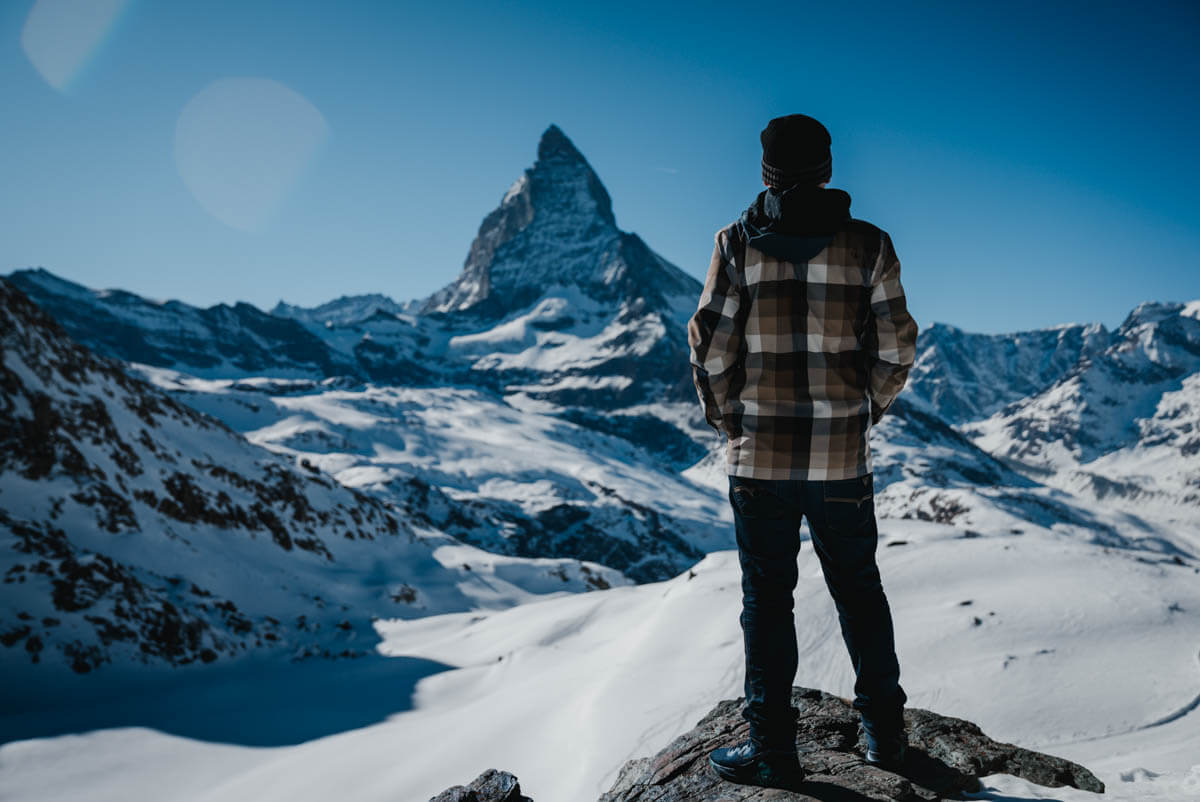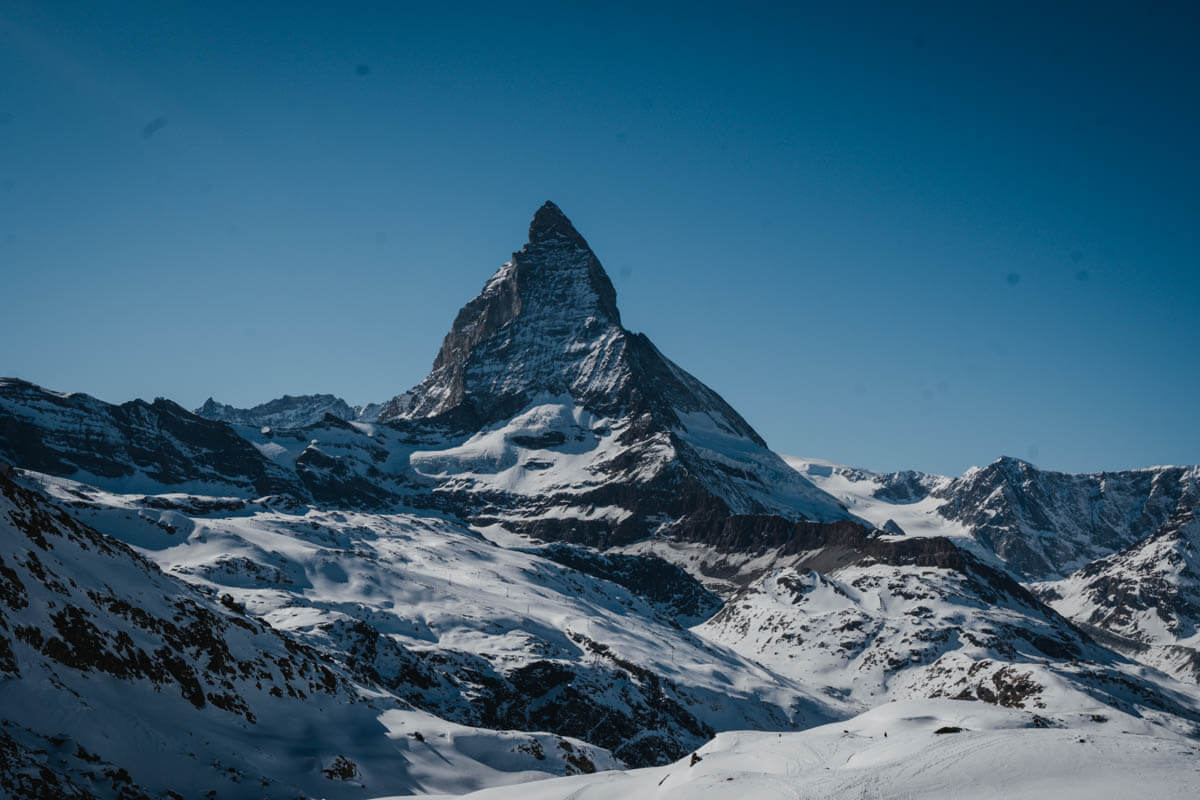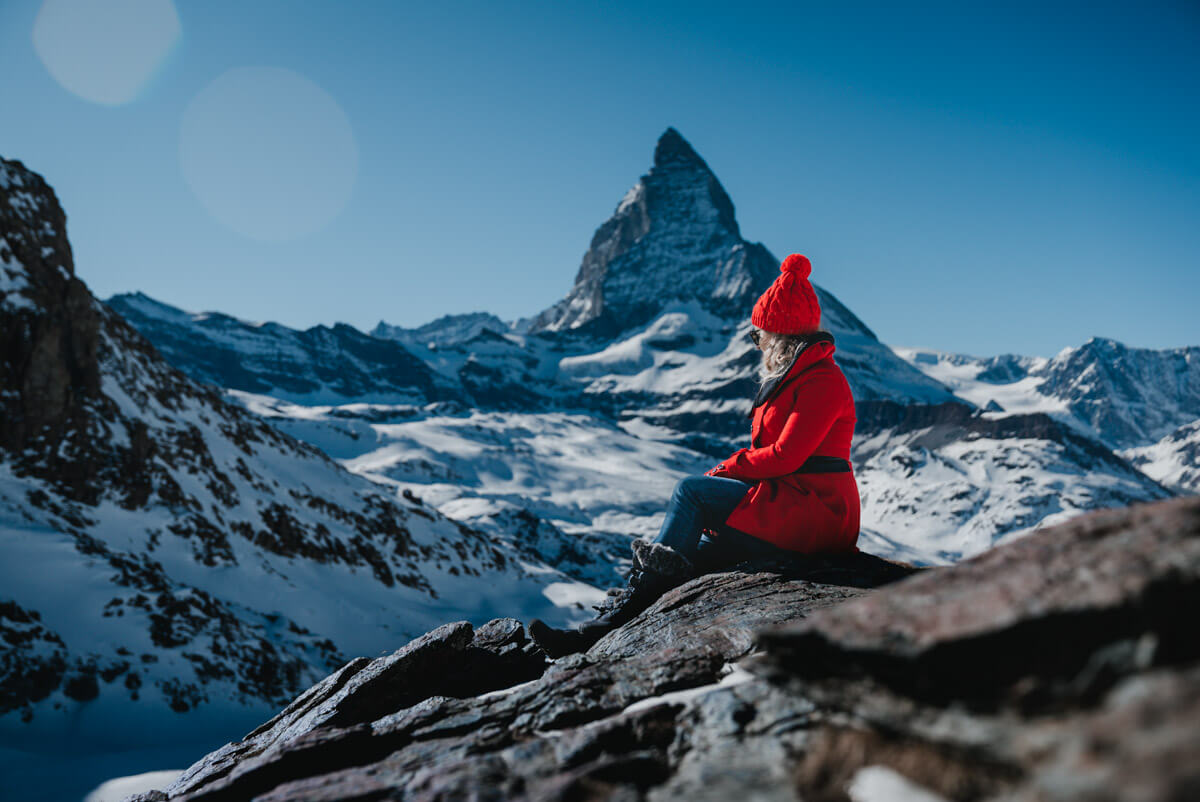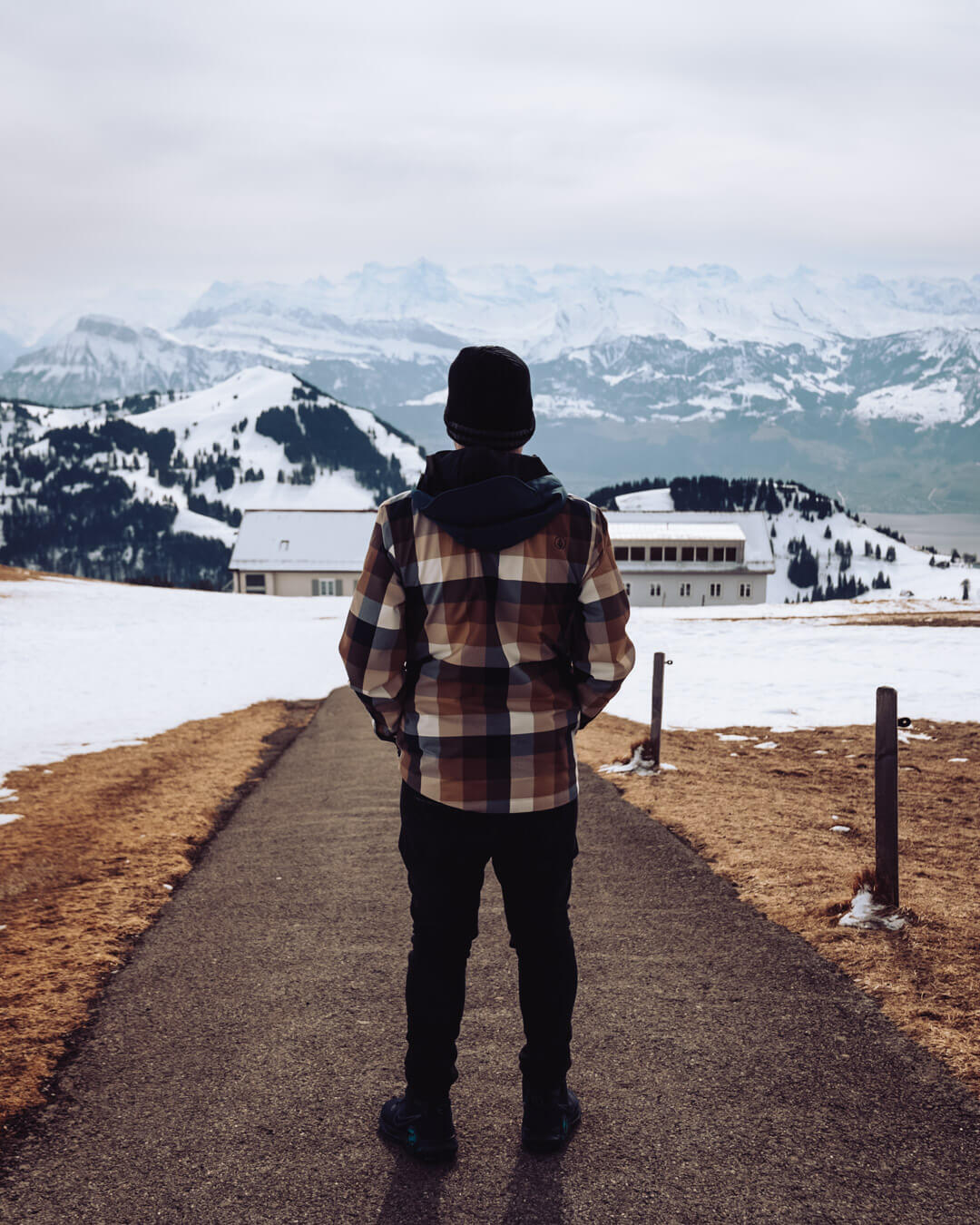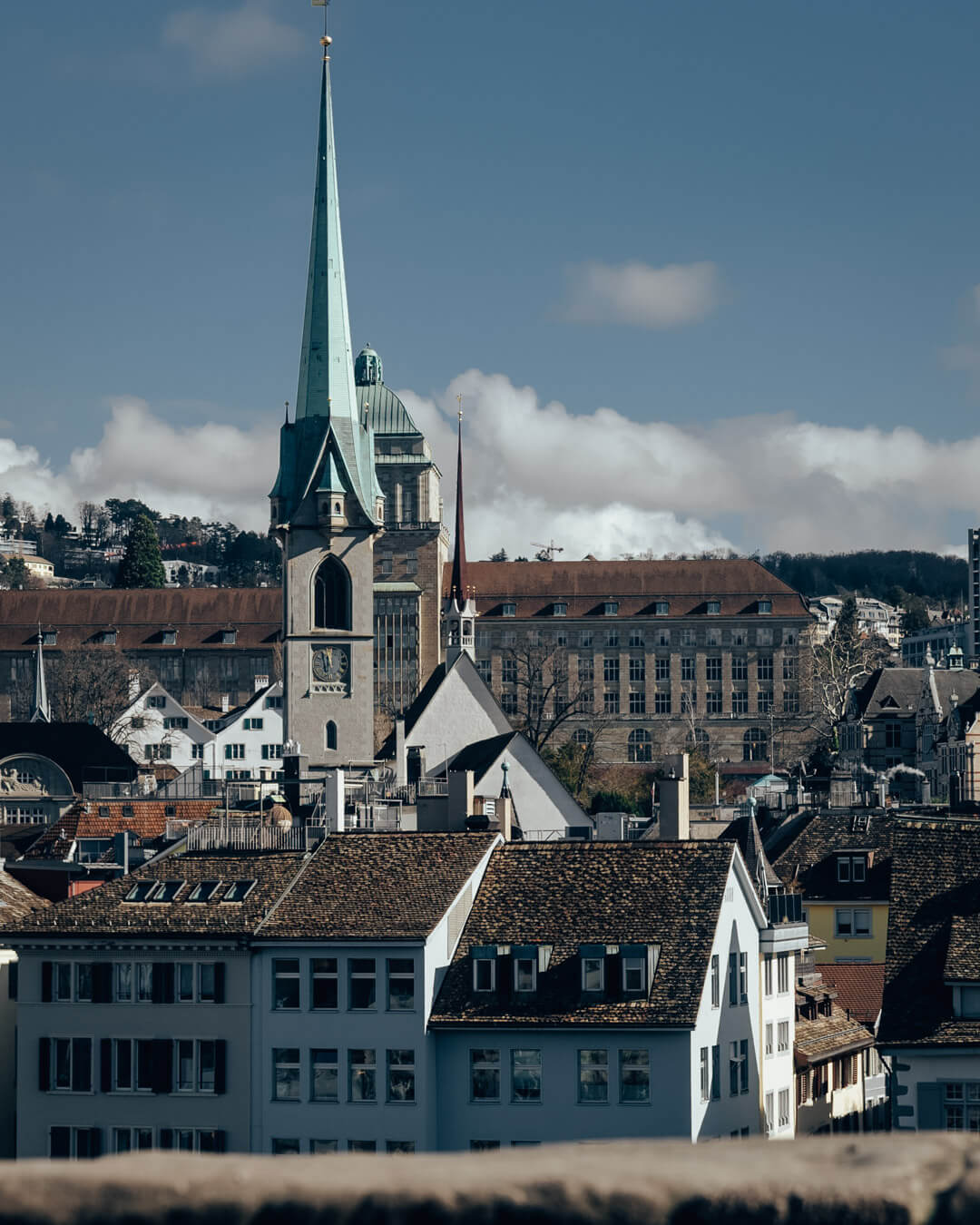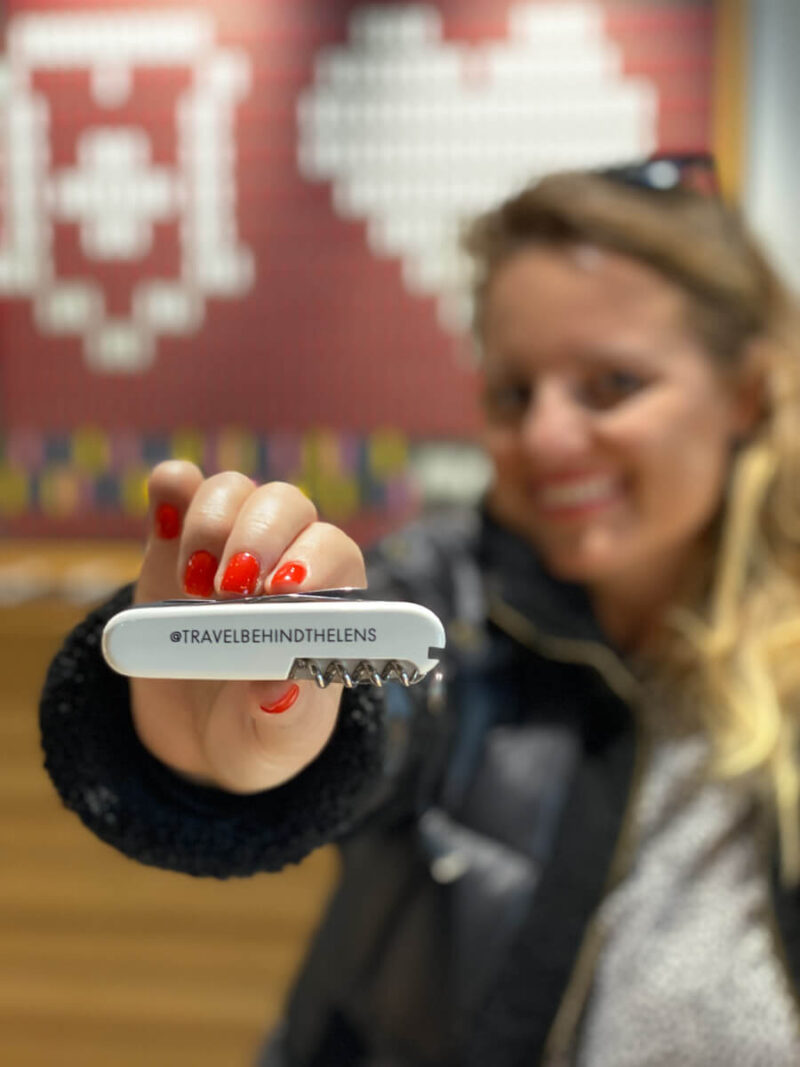Passaport and Visa – Every traveler must have a valid passport. Visa is required for a continuous trip of more than 3 months only. All tourists from non-EU and non-Schengen countries can be asked to show proof of their travel plans in Switzerland, including a return plane ticket, hotel reservations, proof ability to pay for your stay in Switzerland (CHF 100 per day) and a travel insurance covering Schengen states.
Currency – The currency is Swiss franc – CFH You can use credit cards everywhere.
Language – English is spoken in the big cities and popular places, however, Switzerland has four main languages, German is the main one (63%), followed by French (22%), Italian (8%) and Rhaeto-Rumantsch (0,5).
Tax free – The taxes in Switzerland are 7.7%. If you are not resident, you may ask at the stores for your Tax Free Form and reclaim the VAT. The amount must be more than CHF 300. Note that is not valid for food or services.
Tipping – Tips are included in the price and you don’t need to add any amount to your check. However, the waiters and servers will wait for a tip when a good service is provided. The tip is rounding up the bill.
Population – There are approximately 8 million people in Switzerland.
Economy – Switzerland’s economy is based on a highly qualified labor force. The main areas include banking, microtechnology, hi-tech, biotechnology and pharmaceuticals.
Curiosity – Germans are well known by being direct. They are not rude, they are direct.



